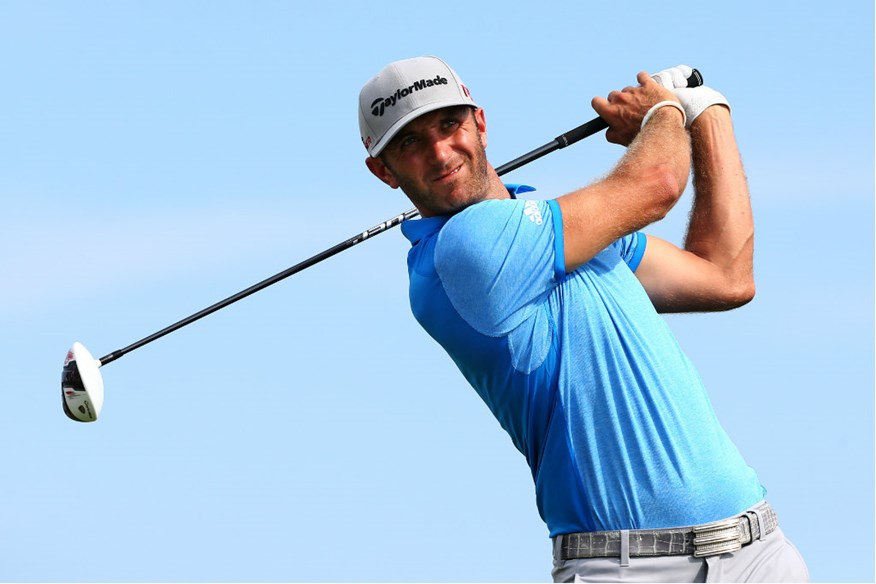What’s more important: distance or accuracy?
Published:
Would you rather hit the ball further or straighter? Sure, hitting the ball miles is good for the ego, but is hitting it straight more important for your score?
It’s an age-old debate.
For years, we were taught “drive for show, putt for dough”. The theory being that it didn’t matter how far you could launch it off the tee if you couldn’t do the business on and around the green.
But then golf’s leading statistician, Mark Broadie, analysed the data to show that, actually, the biggest difference in performance comes in the long game.
“The long game is the best separator between the best tour pros and average tour pros,” said Broadie. “The long game explains about two-thirds of scoring.”
Broadie’s findings where supported by many top coaches, including Sean Foley.
“Distance is far more of an indicator [of success] than accuracy,” said Foley. “Overall, if I have the choice of giving someone five extra miles per hour in clubhead speed or have him hit the corresponding amount of more fairways, net earnings will increase more from the extra swing speed.”
We decided to look at the data to see whether that is the case.
The five most accurate drivers in 2015 were Francesco Molinari (76.88% of fairways hit), David Toms (74.5%), Chez Reavie (71.89%), Justin Leonard (71.7%) and Jason Bohn (71.58%). Between them, they earnt £3.1 million. Not an insignificant amount, by any means, but let’s see how that compares to the players who opt for distance over accuracy.
The five longest drivers in 2015 were Dustin Johnson (317.7-yard average), Bubba Watson (315.2 yards), Jason Day (313.7 yards), Adam Scott (311.6 yards) and JB Holmes (309.9 yards). Their combined earnings were £19 million.
If you’re thinking, “Yes, but aren’t those players accurate as well as long?” the answer is “no, not really”. Adam Scott was the only one of the bunch to hit more than 60% of fairways last year, and he still wasn’t in the top-100 for driving accuracy. The other four hit the fairway only slightly more than half of the time.
We asked amateur golfers whether they’d rather hit it straighter or longer and the response was pretty unanimous.
Now, the fact that the biggest hitters earn more than the straightest hitters is not sufficient proof that you should blast away at every drive and to hell with where it goes, but it is further evidence that straight and short does not always win the race.
“So much of what we believe has been handed down through nostalgia,” says Foley.
Is it time you ditched the nostalgia and started concentrating on hitting it further, rather than straighter?

